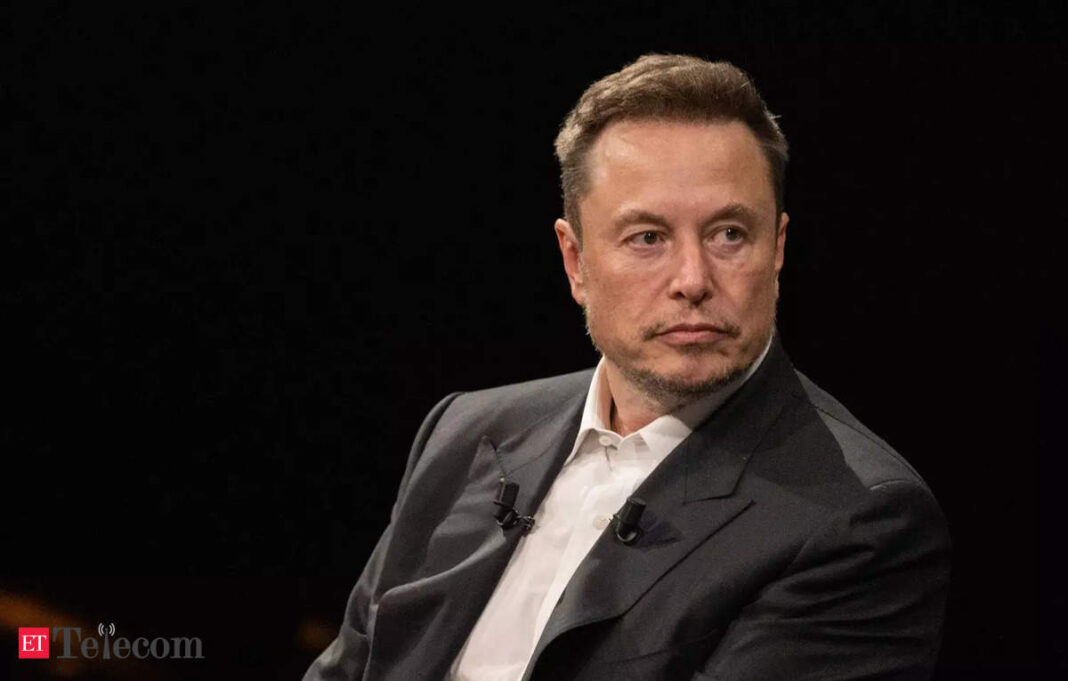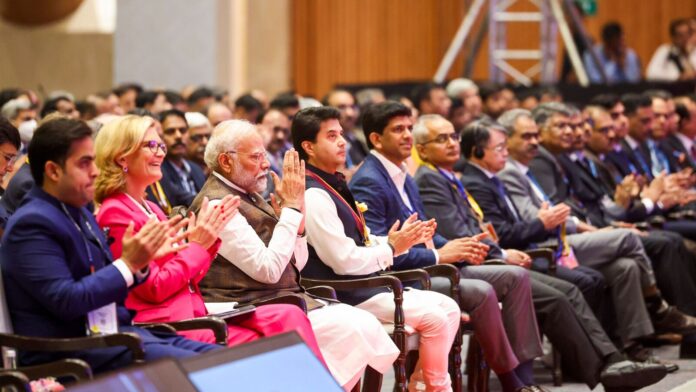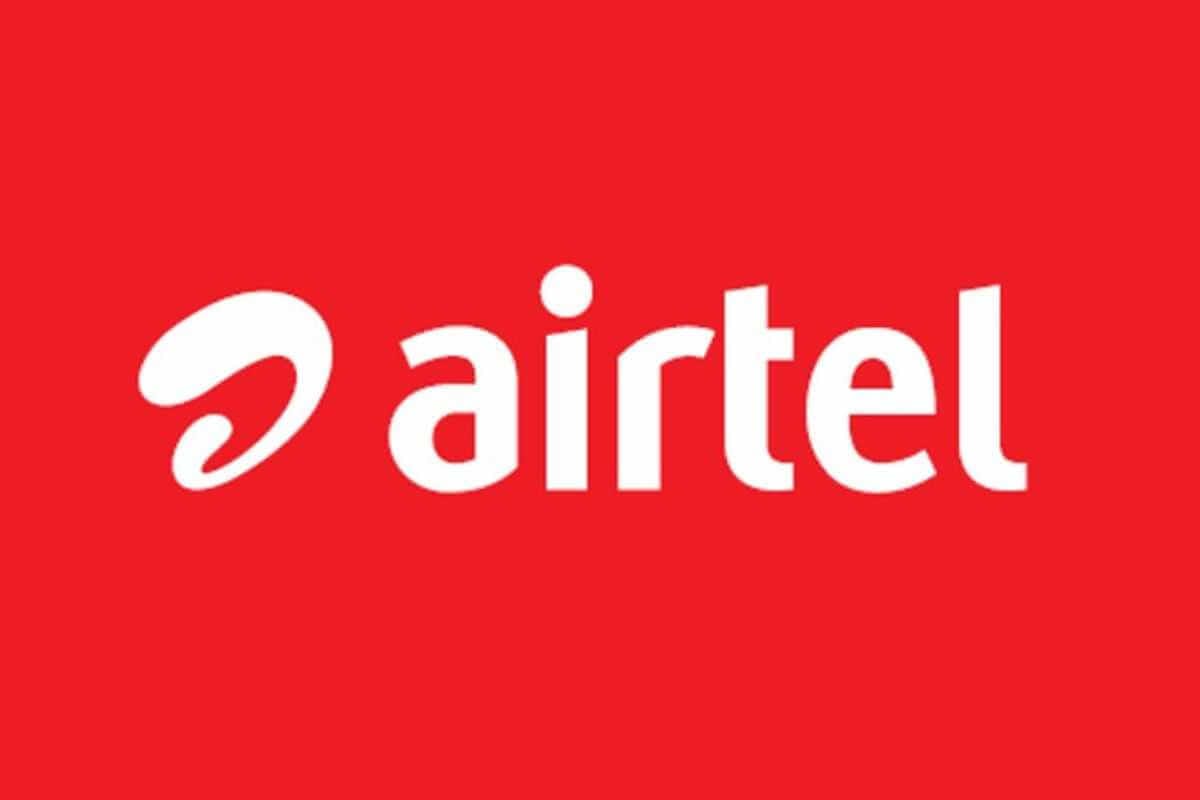In Short:
Elon Musk criticized India’s plan to auction satellite broadband spectrum, calling it “unprecedented.” This response follows Mukesh Ambani’s push for auctions, claiming it would create a fair competition for telecom services. Musk’s Starlink supports direct government allocation of licenses, while Ambani’s Reliance argues for an auction process. The debate is vital as India’s satellite market is expected to grow significantly by 2030.
Elon Musk, the head of Starlink, has expressed strong reservations regarding India’s potential decision to auction satellite broadband spectrum rather than allocate it directly. His comments follow a report by Reuters indicating that fellow billionaire Mukesh Ambani is advocating for an auction system.
Industry Perspectives
The situation has escalated into a significant contest between the two billionaires. Starlink contends that the administrative allotment of licenses is in line with global trends, whereas Reliance, led by Ambani, argues that an auction is necessary to create a fair competitive environment. This would allow foreign entities to provide voice and data services, thereby competing with traditional telecom companies.
Official Statements
On Sunday, Reuters reported that Reliance claimed India’s telecom regulator had incorrectly determined that home satellite broadband spectrum should be allocated instead of auctioned, asserting that the consultative process was flawed and needed to be restarted.
In a reaction posted on X, Musk characterized any moves toward an auction, as advocated by Reliance, as “unprecedented.” He further noted, “This spectrum was long designated by the ITU (International Telecommunication Union) as shared spectrum for satellites,” in a tweet late on Monday.
Regulatory Context
India is a member and signatory of the ITU treaty, which regulates satellite spectrum with an emphasis on rational, efficient, and economical allocation due to its status as a “limited natural resource.”
Reliance did not provide a comment on Tuesday regarding this issue. However, it has previously articulated to Reuters that it is “imperative” for the Indian regulator to engage in discussions concerning the methodology of spectrum assignment.
Market Implications
The issue of allocating spectrum for satellite services in India is critical, particularly as the market is projected to expand at a rate of 36% annually, reaching an estimated $1.9 billion by 2030. Starlink and other global competitors, such as Amazon’s Project Kuiper, advocate for an administrative allocation model which they believe is essential for resource-sharing among firms. In contrast, Ambani is pushing for an auction process to facilitate competition.
This latest move by Reliance has intensified its rivalry with Musk, who is eager to launch Starlink services in India and supports the spectrum allocation approach that relies on government assignments. An Indian government source informed Reuters that the regulator is adhering to due process in its consultative procedures.





